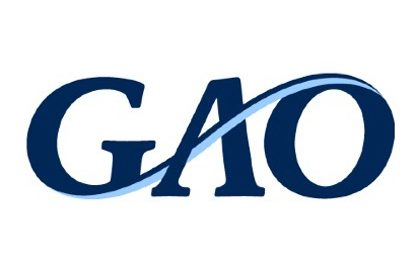Problems Faced by Providers in Processing Copies of Patient Health Records
In a recent Government Accountability Office (GAO) audit as required by the 21st Century Cures Act, the results showed that patients find it difficult to get copies of their health records primarily because of excessive fees. However, the problem is not only on the patient’s end, but also on the provider’s end who finds it hard to retrieve patient information and process the request for copies.
Patients’ data may be in digital format stored in different EHRs. Data may also be contained in paper and film that are stored in various locations. Many providers cannot allocate the required resources to be able to provide the copies of medical records requested by patients. There are not enough people who can process the requests because of too busy workloads.
Copies of patient health records must be checked carefully to make sure that patients get an accurate copy of their health records. Sometimes, errors occur in the process of data transfer from physical to digital format and in merging all the patient records from various sources.
Providers also have to deal with some security risks. For example, when patients request that digital copies of their data be transferred to a memory stick (this is allowed by HIPAA), there is the risk of introducing malware infection into the provider’s network system.
Some healthcare providers have created patient portals so that patients can easily get copies of their health information. This has significantly reduced the pressure on healthcare providers caused by too many requests for copies of patient health records. Unfortunately, patient portals sometimes do not have the complete patient health records. So patients may not get the health data they need.
According to OCR, they have received hundreds of complaints from patients regarding their experience in getting copies of their medical records. Most patients complain about
- the long time (more than 30 days) it takes to process the requests
- the excessive fees charged to them
- the failure to respond to requests to give the health information to caregivers or family members
- denying the request of parents to get copies of their children’s medical records
Because of the complaints, OCR is considering to make further guidance in addition to the guidance already issued in 2016. This is to especially to clarify the fees allowed under HIPAA Rules.


